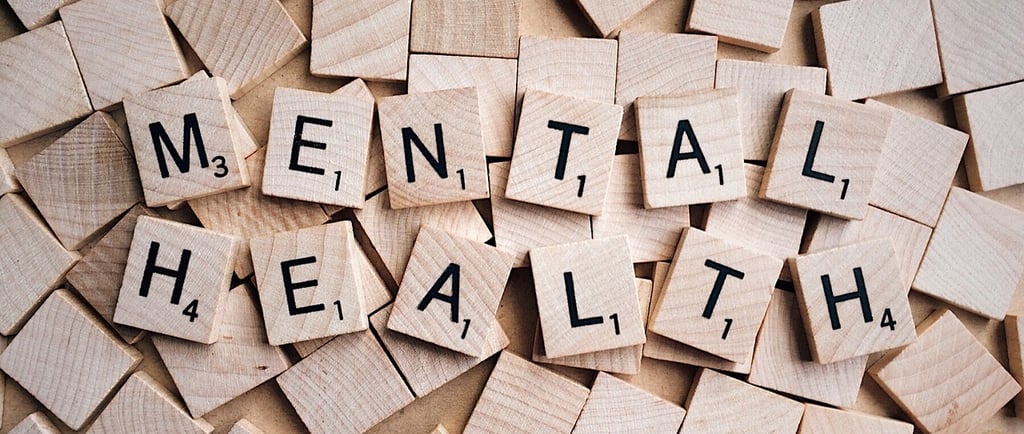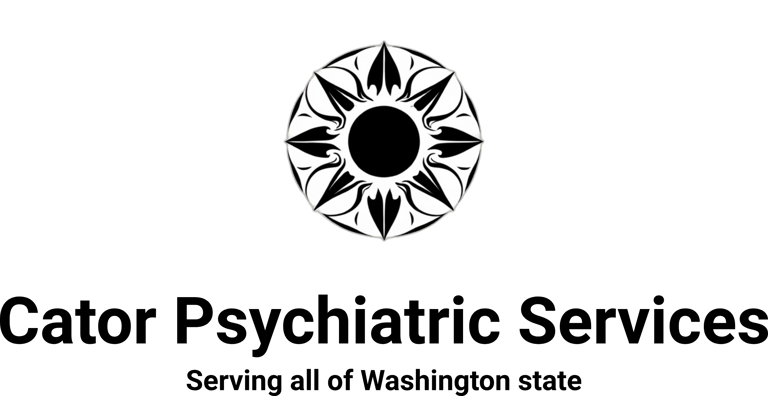Washington Crisis Hotlines and Resources
Putting together some important information when you or a friend/loved one may be in a crisis and you are unsure of who to contact.


Regardless of age, no two people live the same 24 hours. Some people may be experiencing addiction issues, some might be facing extreme loss or grief. We don't know what the person on the bus or in the car next to us is going through. Just like they don't know what we are going through.
This is why it is important to have conversations about mental health and to reach out when you need help. If you don't feel you can reach out to friends or family or if you are reaching out on someone else's behalf, there are a lot of options. In this blog I wanted to share some options and links to some great organizations that really make a difference in people's lives.
First, Dialing 2-1-1 in Washington will help you find local services and resources. If you are in a crisis, you can contact the 988 Suicide and Crisis Lifeline 24 hours a day, 7 days a week, 365 days a year. This is an amazing resource you can call text or chat online at their Lifeline Crisis Chat.
There are crisis lines with specific needs.
The Institute on Aging's Friendship Line-Adults who are 60 or older or have disabilities. You can call them at 800-971-0016
Trevor Project Lifeline-This 24-hour hotline focuses on supporting young people in crisis who are LGBTQIA2S+
Native and Strong Lifeline- This 24/7/365 helpline is available in Washington state. It’s operated by Native crisis counselors who provide support based on cultural and traditional healing and the lived experiences of Native people. Anyone with a Washington area code can reach the Native and Strong Lifeline by dialing 988 and choosing option 4.
All resources and more can be found at https://doh.wa.gov/you-and-your-family/injury-and-violence-prevention/suicide-prevention/hotlines-text-and-chat-resources
In today's world, mental health is fundamental to our overall well-being. It affects how we think, feel, and interact with others, yet it's often overlooked. Prioritizing mental health breaks down stigma, fosters resilience, and strengthens relationships. It also enhances physical health and supports personal growth. By embracing practices like mindfulness and seeking help when needed, we invest in a happier, more fulfilling life. Let's make mental health a priority—for ourselves and our communities.
